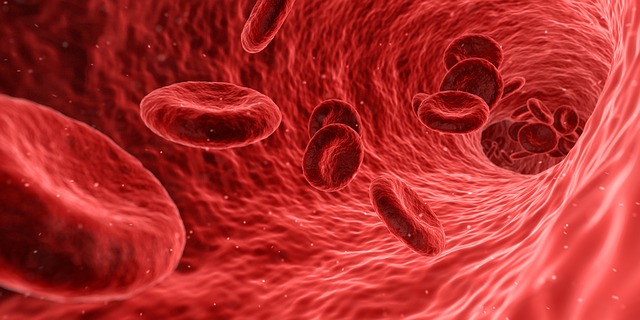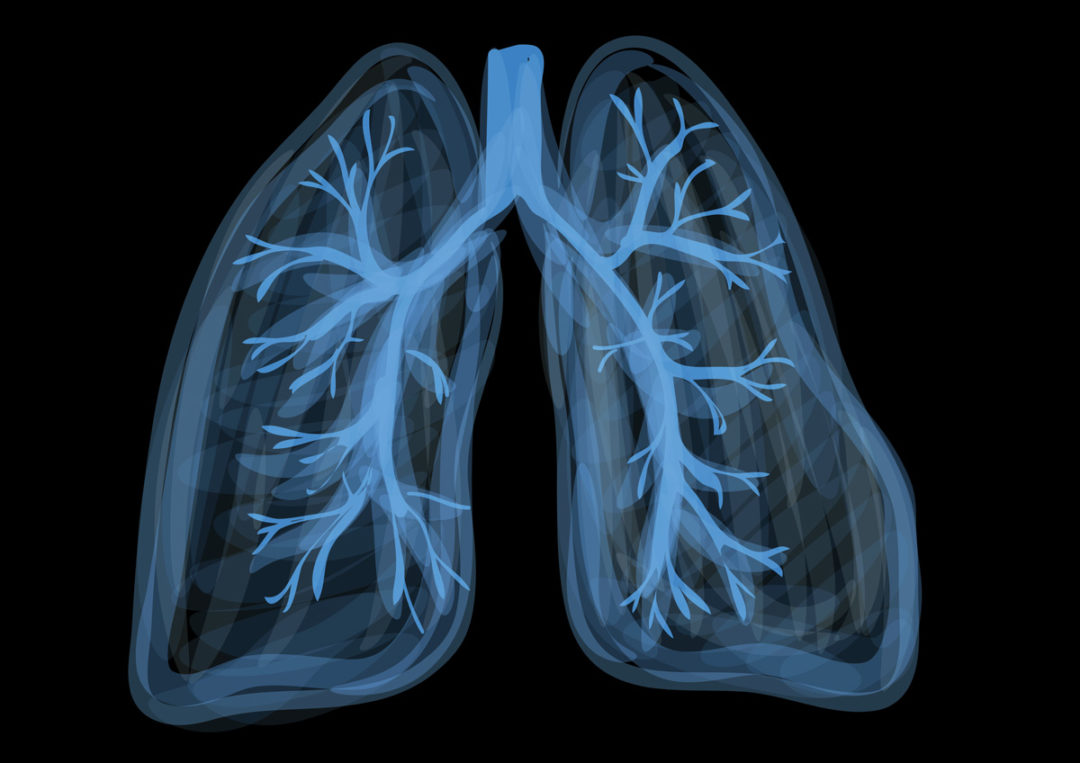
Acupuncture for Treating Depression: Does It Really Work?
Depression affects about 121 million people worldwide and can be debilitating for those who experience it.1 Prolonged feelings of sadness, discouragement and hopelessness greatly affect the quality of life.
At one time or another, most of us have experienced some form of depression or anxiety. It is a healthy response to events in our lives that seem overwhelming. When we are balanced, physically and emotionally, we can easily bounce back from a depressed state and move on with our lives. When negative feelings and emotions become persistent and consistent, depression may set in.
A meta-analysis published in Journal of Affective Disorders in 2010 covered 207 clinical studies conducted on the effectiveness of acupuncture in treating depressive disorders. According to this, the efficacy of acupuncture was comparable to antidepressants alone in improving clinical response and alleviating symptom severity of Major Depressive Disorder. Additionally, the incidence of side adverse reactions in acupuncture treatment was significantly lower than that of antidepressants.2
How Acupuncture Helps Depression
Acupuncture and Traditional Chinese Medicine (TCM) incorporate thousands of years of experience in treating depression. Not only can they help to alleviate the signs and symptoms accompanying depression, they can address the root cause(s) and underlying imbalances that have contributed to the problem, safely and naturally.
Dr. Kim at Golden Acupuncture is aware of the powerful interplay between our body and emotions, and that the two are inseparable. When we experience emotional upset, our physiological state may become disrupted. Likewise, when we experience physical problems, our emotions can become greatly affected.
Depressed Qi?
Over time, this disruption leads to what an acupuncturist calls “stagnant” or “depressed” Qi, (pronounced “chee”) or vital energy. Qi is a concept unique to the theories and principles of TCM. According to these theories, Qi is the vital energy that animates the body and protects it from illness and pain. Qi flows through the body in pathways called meridians. When Qi becomes stagnant or depressed, physical and/or emotional symptoms result. Practitioners of acupuncture and TCM are specifically trained to detect and correct the balance and movement of Qi within the human body. Treatments are focused on balancing and activating the Qi by manipulating corresponding points on the body.
The stagnant or depressed Qi diagnosis is unique to acupuncture and TCM. Over time, if it is not addressed it can lead to a disharmony within our body, affecting our physical and emotional well-being. If not properly treated, this imbalance may lead to depression.
What Will an Acupuncturist Do?
An acupuncturist will take a complete health history in order to find out where, why, and how Qi has become stagnant or depressed. They will develop a unique treatment plan tailored to specific symptoms and signs of each individual.
The goals of such a plan will be to activate the movement of Qi throughout the entire body, as well as to address the root cause(s) and underlying imbalances. By treating the body as a whole and unique organism, your acupuncturist will support you in your recovery from illness and disease, moving you toward health and happiness.
Acupuncture and TCM provide safe, natural, drug-free and effective ways to address depression. The focus is to restore a balanced and continuous flow of Qi throughout the body and mind. Acupuncture is not a “quick fix.” You may need to receive weeks or months of treatment in order to see lasting results. Give yourself the time required so that you can experience the maximum benefits acupuncture and TCM have to offer.
Here are some tips to help combat depressive symptoms:
- Surround yourself with people whom you trust to provide objective and unbiased input and insight. Develop a supportive group of friends, loved ones, family and co-workers who can lend an ear and listen to you.
- Breathe, go slow, and think things through. Do not make too many life changes all at once. A few at a time will support you and not overwhelm your emotions.
- Try to get at least twenty minutes of simple exercise at least three days per week, if not more. Take a daily walk, breathe deeply and let it all go.
- Remember, you are not alone. Others are having similar experiences.
- Smile.
References:
1 “Depression.” World Health Organization. 7 March 2011. ‹http://www.who.int/›.
2 “The effectiveness and safety of acupuncture therapy in depressive disorders: Systematic review and meta-analysis.” Zhang-Jin Zhang, Hai-Yong Chen, Ka-chee Yip, Roger Ng, Vivian Taam Wong Journal of Affective Disorders – July 2010 (Vol. 124, Issue 1, Pages 9-21).


 Lupus, Hashimoto’s thyroiditis, Crohn’s disease…You may have heard of these conditions, but do you know what they have in common? They are all types of autoimmune disease and they are all lifelong conditions.
Lupus, Hashimoto’s thyroiditis, Crohn’s disease…You may have heard of these conditions, but do you know what they have in common? They are all types of autoimmune disease and they are all lifelong conditions.





